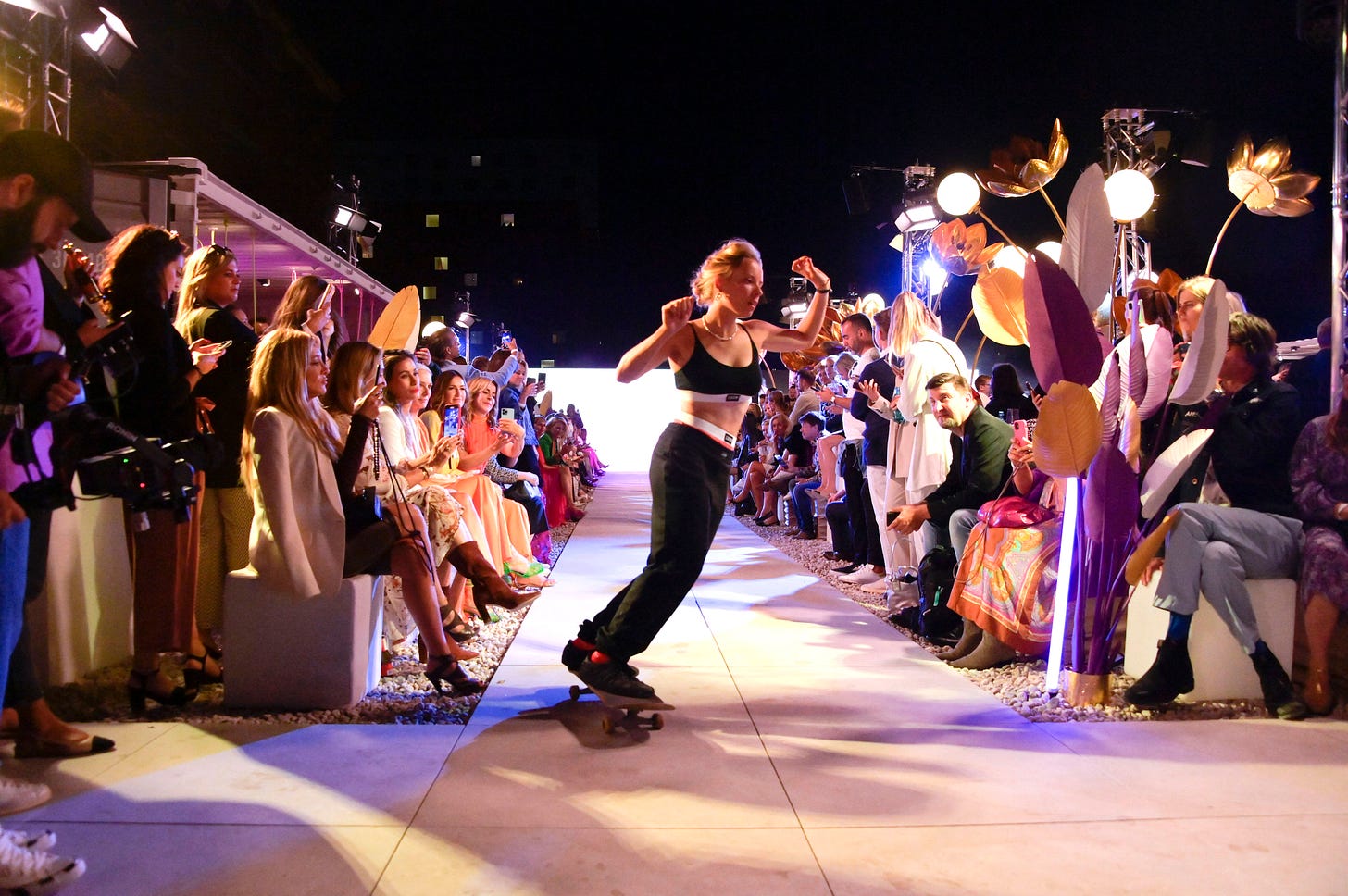
Dear 20 Percenters,
Some good news: for the first time since we started writing this newsletter a year ago, there have been zero Covid deaths in the city since our previous edition.
Is the pandemic finally fizzling out? Most experts seem to believe we’re over the worst of the coronavirus, which appears to be morphing into something less destructive to human beings even if the little-understood phenomenon of long Covid remains a huge health challenge for many.
The government is recommending new boosters against the omicron variant for certain vulnerable groups. The adapted Moderna and Biontech jabs are expected to become available in Berlin this week, reports Morgenpost. Weirdly, I couldn’t find any information on Berlin’s corona site, neither in German nor in English. I guess the government, like the media, has trouble focusing on more than one crisis at a time.
It’s best to ask your Hausarzt (GP) about whether you should get the booster.
More news below!
Maurice
If you feel like boosting 20 Percent, why not support us with a little change each month on Patreon?
The Berlin corona stats for Tuesday, September 6
New cases in one day: 1,846 (1,106 Friday)
Total deaths: 4,767 (+0 over Friday)
🔴 7-day Covid-19 incidence (cases per 100,000): 208.4 (207.3 Friday)
🔴7-day hospitalization incidence (also per 100,000): 8.9 (9.0 Friday)
🟢 Covid-19 ICU patient occupancy: 3.3% (4.4% Friday)
Source: Berlin’s corona page
€65 billion
The German government has cobbled together a raft of measures to the tune of €65 billion to counteract inflation and help people cope with out-of-control energy prices - and it’s a woozy of a raft! As far as I can tell, the main points are: a transport ticket priced between €49 and €69 per month (a bit of a comedown after the too-good-to-be-true €9 ticket), expansion of the one-time €300 energy allowance to include pensioners and students; people who receive housing benefit (Wohngeld) will receive a €415 heating subsidy for the period of September-December. From January, the child benefit (Kindergeld) will be bumped up by €18 to €237 per kid per month for the first two kids. Also: a leftover from the corona pandemic that is due to run out at the end of September will be extended: reduced VAT on restaurant bills (7% instead of %19). Finally, the Hartz IV welfare benefit is being renamed “Bürgergeld” in January and will be increased to “about €500” per month + rent + heating costs, up from €447.
Stretched schools
Berlin lacks 20,000 school places, says the city’s education czar Sabine Busse (SPD), according to taz. Yet, somehow, they managed to find a spot for all kids. Ten districts, all except for Neukölln and Friedrichshain-Kreuzberg (not always known for good news), report a shortages of spots. “If there is a mathematical shortage of places, it does not mean that children are on the street without a school spot,” Busse said, her way of saying, yep, the schools are overcrowded. Parents are pissed and worried that cuts in school funding are coming. Naturally, they’ve launched a petition.
Speaking of petitions: Universal Basic Income
An initiative to force a vote on a trial Universal Basic Income in Berlin failed Tuesday because of a lack of signatures, according to RBB24. Initiatives can only make it to the ballot if they get seven percent of the electorate, or 170,829, to sign up. The Expedition Grundeinkommen, as the initiative was called, reportedly got only 122,500. Some 3,500 people would have gotten €1,200 a month for three years in the trial that was also rejected by Berlin’s current left-leaning government.
Arson attack
Around 4.45am Monday morning police received a reports of a fire on train tracks between Berlin and the satellite town of Bernau. It appears cables were set on fire, causing signals to malfunction. Several media outlets received letters claiming responsibility for the attack that were signed “revolutionary rail workers within the climate movement.” The letter writers said they want to stop transports of Russian oil refined at the PCK refinery in Schwedt, about an hour to the northeast.
Booze not banned
On July 21, the borough of Mitte banned alcoholic drinks from James-Simon-Park and Monbijoupark from 10pm through 6am — just temporarily, through September 11. Those parks in particular were getting trashed by vast numbers of partying kids, a phenomenon that exploded during the pandemic. Now a court has banned the ban. I love the wording of the court’s decision: The ban was “not suitable to realise the protective purposes of the law on green spaces, because the consumption of alcohol, both individually and in groups, is in principle a use of public green spaces for recreational purposes in accordance with their intended use.” These are the moments that I love Germany.
Fashion Week
Who would have guessed it, Berlin Fashion Week survived corona. The shebang kicked off Monday and its website is bursting with buzzwords: sustainability, upcycling, regeneration, wearable tech (yawn), etc. Of course, there’s a Ukraine fundraiser. And catwalks and parties and exhibitions. Scantily dressed PETA protesters already held up signs reading “Leather kills” in front of a venue. While the buzz around the event feels biggish — our Fashion Week has never really made it to the premiere league of fashion weeks. Berlin remains a dwarf in the fashion world.
Factoid
In 1912, the 600-year-old village of Rixdorf, at the time on the outskirts of Berlin, was rebranded as “Neukölln” because Rixdorf had a reputation for rowdy taverns and seedy amusements of ill repute. The new name was derived from the Neucöllner Siedlungen (“Neucölln Estates”) north of Rixdorf, themselves named after Neu-Cölln, part of old medieval Berlin. I ask myself: has the rebrand helped its reputation over the past 110 years?




